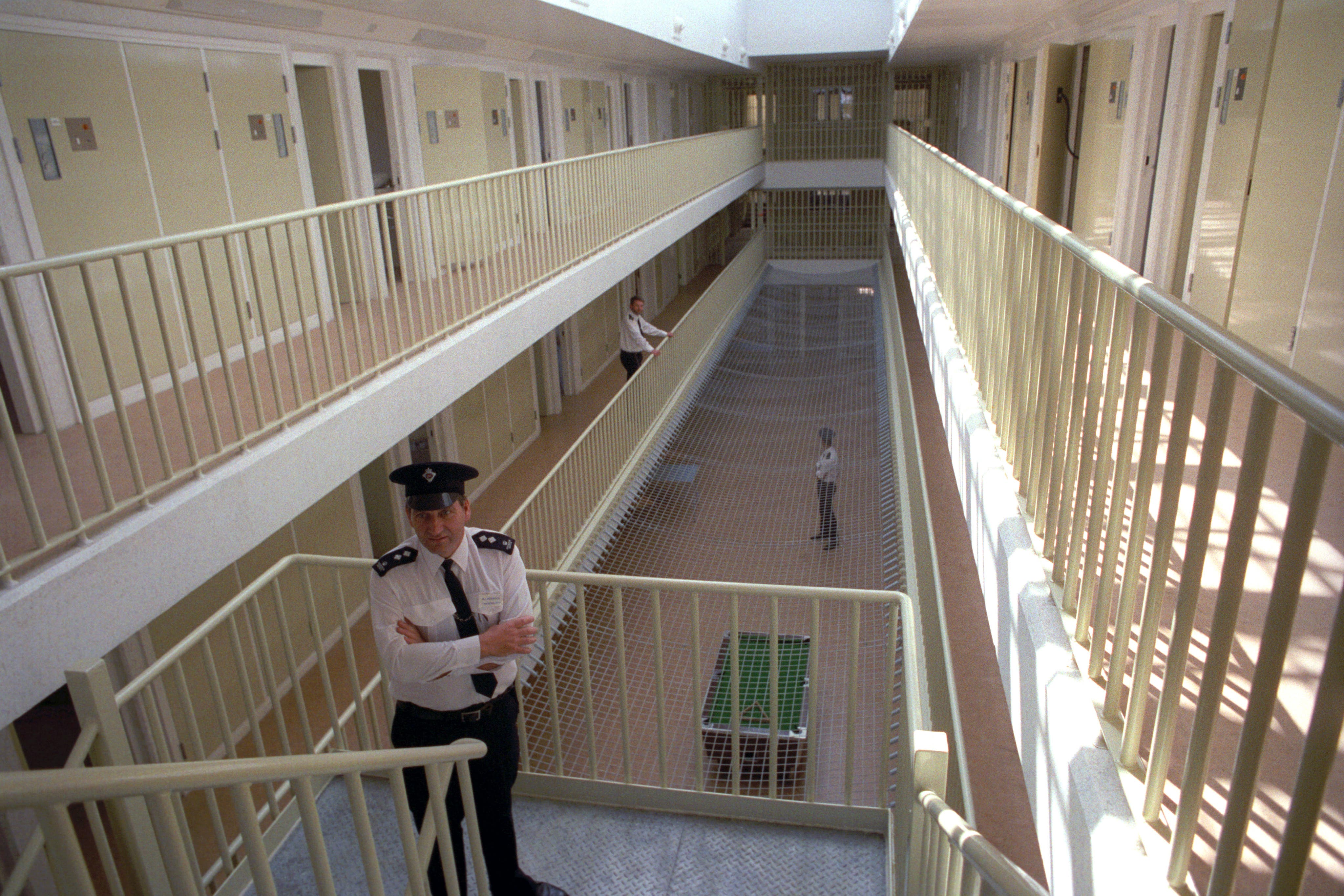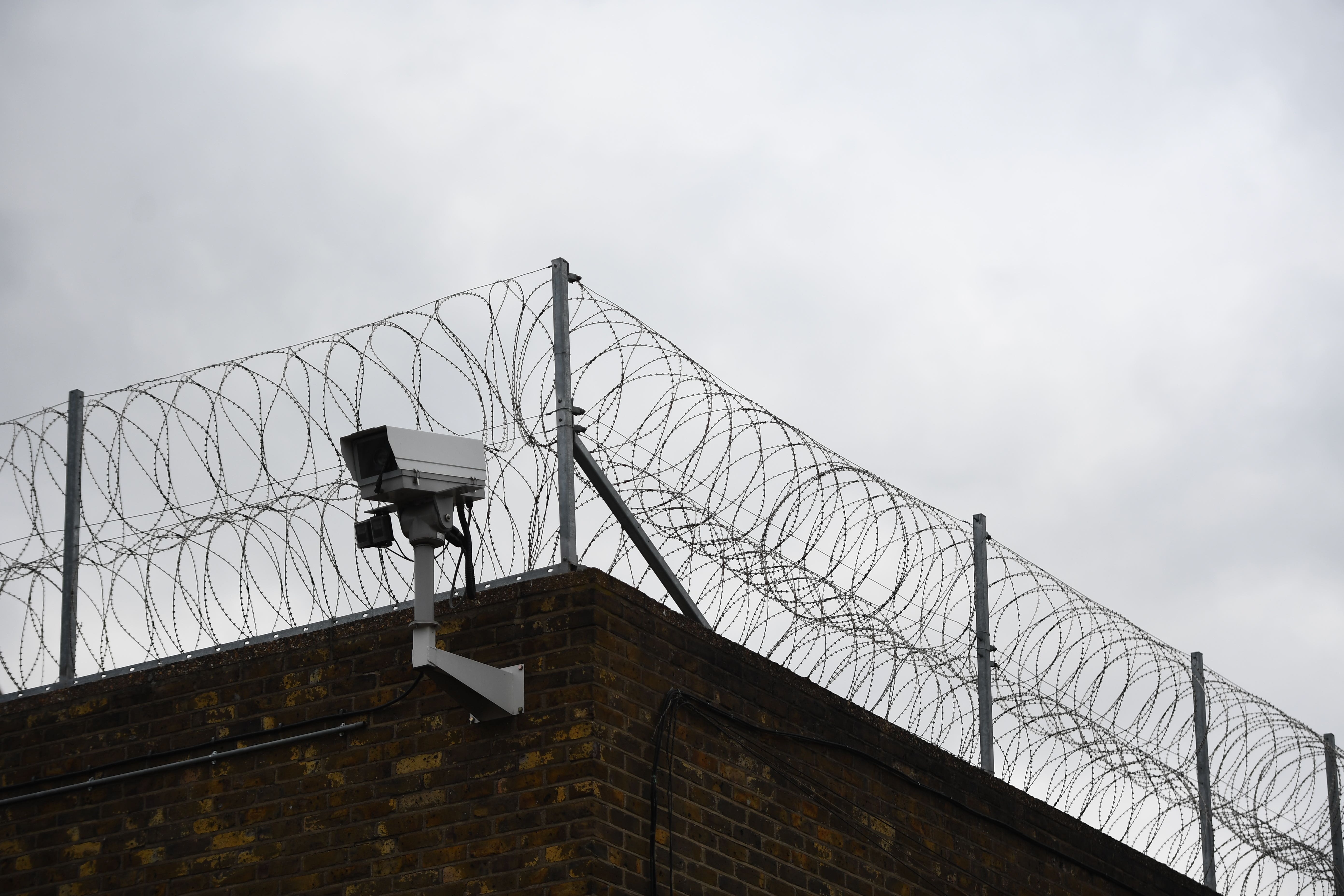Women in mental health crisis still being jailed in prisons deemed ‘unfit for purpose’, major review warns
Goverment failed to include plans to outlaw jailing vulnerable people ‘for their own protection’ in King’s Speech

Women dealing with severe mental illness are still being jailed despite prisons being “ill-equipped” to offer suitable care, a major review has warned.
Many women and health providers view the prison environment as “unfit for purpose”, while six in 10 inmates said the “inconsistent” health and social care services across England’s 12 women’s prisons needed improvement, the long-awaited NHS and Prison Service review found.
Despite figures suggesting nearly 60 per cent of female offenders have experienced domestic abuse, the review warned of a “gap” in mental healthcare and specialist support for women who have experienced trauma, including sexual and domestic violence.
The review – which was due last March – is touted as involving potentially the largest-ever engagement of women with lived experience of prison, drawing on more than 2,250 responses from group discussions, one-to-one meetings, letters, postcards and drawings.
Its findings underscore heightened concerns around women’s prisons, after the number of self-harm incidents rose by 63 per cent to hit a grim new record of 20,248 in the 12 months to June – three times higher than a decade earlier – despite the number of women self-harming remaining relatively stable in recent years.
The “absolutely staggering” rise could reflect issues with understaffing and a lack of suitable training, HM chief inspector of prisons Charlie Taylor told The Independent last month, adding: “These are often the most vulnerable, very unwell women, some of whom should quite frankly be in secure hospital, not in prison.”
Experts have long highlighted that mentally unwell women are being imprisoned unnecessarily, with MPs warning last April that legislation handing courts the power to remand people in prison “for their own protection” should be repealed.
While the government’s draft Mental Health Bill proposed this, and introduced a requirement to remand people to hospital when the only ground is concern for mental health, Rishi Sunak did not include the Bill in the King’s Speech – leaving it off the parliamentary agenda for the year ahead.

“This is a missed opportunity to right a grave wrong, and means women as well as men in crisis will continue to be sent to prisons which are unfit and unequipped to meet their needs,” Prison Reform Trust chief executive Pia Sinha told The Independent.
The newly-published review also highlighted that women’s reception and early days in prison are often “traumatic, deeply distressing and bewildering”, especially for pregnant women and mothers separated from their children.
“I didn’t know where I was, I didn’t feel like I could ask, I felt completely away from everything,” one woman told the researchers. “When they told me, I didn’t have a clue, I couldn’t picture it, then I found out I was hours from home and it really hit me how far away from my kids I was.”
Only around half of women said their immediate healthcare needs were met during the first 24 hours in custody. Vital services are also often not gender-specific, researchers found, leaving further gaps in care for women.
“Not one person has spoken to me about incontinence, menopause, what are healthy bowel habits, my boobs,” said one woman, while another told researchers: “Managing your periods in prison can be a nightmare. Some women don’t even know the pill or coil can help. They just assume because they’re in prison, they aren’t entitled to this sort of help.”
Women with reduced mobility, who are neurodiverse and who are older appeared most disadvantaged by a poor environment in prisons, the revew found, with one woman saying: “You’ve got more chance getting around prison on a flying carpet than you have in a wheelchair.”

The report also highlighted that not all staff are trained in trauma-informed care, with one respondent quoted as saying: “‘There are so many mental health ladies and ladies with learning disabilities that should not be here.
“The prison is not a mental health hospital. Staff are not trained to deal with the complex needs, so those people do not get help to do anything or get what they need.”
Another said: “Officers don’t always get it, sometimes how they talk to us makes it worse. They need better training; they need to learn how to see it when a woman is in crisis.”
Meanwhile, in the 2019/20 year, some 45 per cent of women did not attend planned outpatient appointments, compared to 22 per cent in the general population – with “complex” reasons for this including there being no prison staff available to accompany them, according to the Nuffield Trust.
The Ministry of Justice has pledged to deliver on the report’s eight recommendations, and has earmarked £21m for a three-year delivery plan jointly led by the NHS, and Prison and Probation Service.
Urging an “ongoing multiagency commitment” to delivering the recommendations, the Prison Reform Trust warned that the review “cannot be reduced to yet another bureaucratic process”, adding: “Its success needs to be measured by the impact it has on improving the health and social care needs of women in custody.”
Join our commenting forum
Join thought-provoking conversations, follow other Independent readers and see their replies
0Comments